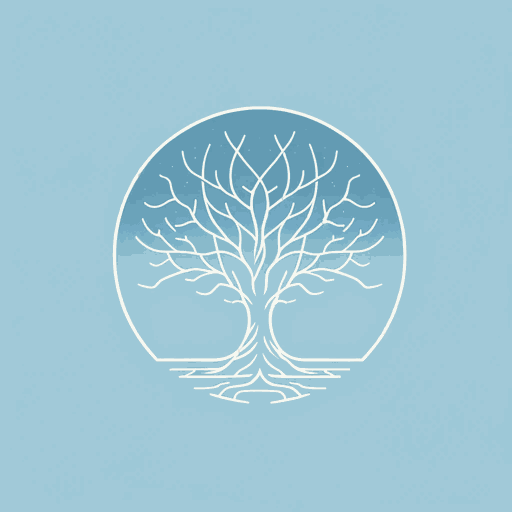60 pages • 2 hours read
Neil GaimanAmerican Gods
Fiction | Novel | Adult | Published in 2001A modern alternative to SparkNotes and CliffsNotes, SuperSummary offers high-quality Study Guides with detailed chapter summaries and analysis of major themes, characters, and more.
Background
Literary Context: Norse Mythology and Odin
Though American Gods depicts deities from many different cultures and religions, Norse mythology is the most predominant. Wednesday is the Norse god Odin, and Shadow is his son, and the journey Shadow embarks upon mirrors many elements of Norse mythology, particularly the stories involving Odin. Norse or Scandinavian mythology is a collection of myths, stories, and beliefs that comes from the Nordic region, having originally stemmed from Proto-Germanic folklore. Nordic folklore can be traced back to Iceland, Norway, Sweden, Denmark, parts of Great Britain and Ireland, and several other parts of Northern and Eastern Europe. This religion is built on collections of stories about gods, giants, mythical beings, and the worlds they inhabit. Rather than a single definitive text of Norse beliefs, modern scholars have assembled a loose cosmos of mythology based on sagas, poems, myths, stories, and other key texts that combine to present a cohesive (though occasionally contradictory) pantheon of gods.
Foremost among the Norse gods is Odin, a renowned magician associated with war and battle. Warriors who are killed in combat are collected and taken to an afterlife called Valhalla, where they feast and drink with Odin in his hall. Odin is typically flanked by ravens named Huginn and Muninn; in various legends, he also has a large wolf and a magical horse with eight legs.
Related Titles
By Neil Gaiman
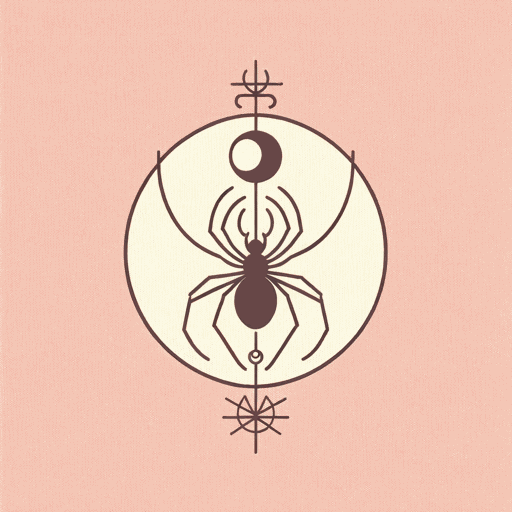
Anansi Boys
Neil Gaiman

Coraline
Neil Gaiman

Fortunately, the Milk
Neil Gaiman

Good Omens: The Nice and Accurate Prophecies of Agnes Nutter, Witch
Neil Gaiman, Terry Pratchett
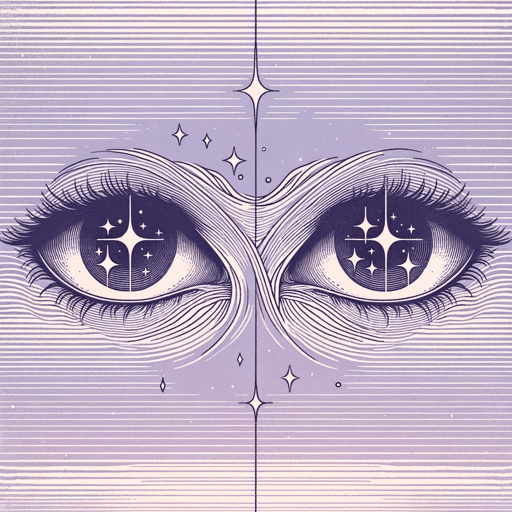
How to Talk to Girls at Parties
Neil Gaiman
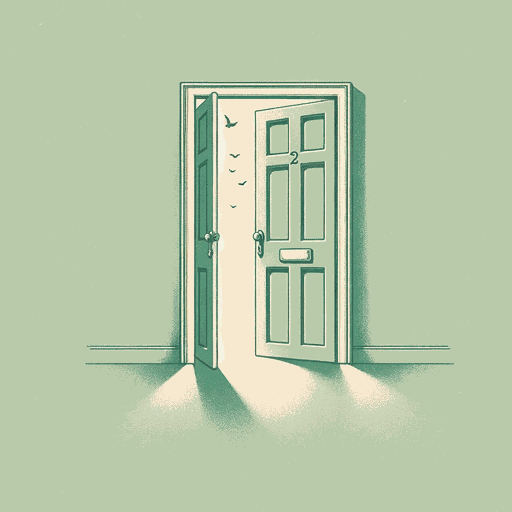
Neverwhere
Neil Gaiman

Norse Mythology
Neil Gaiman

October in the Chair
Neil Gaiman
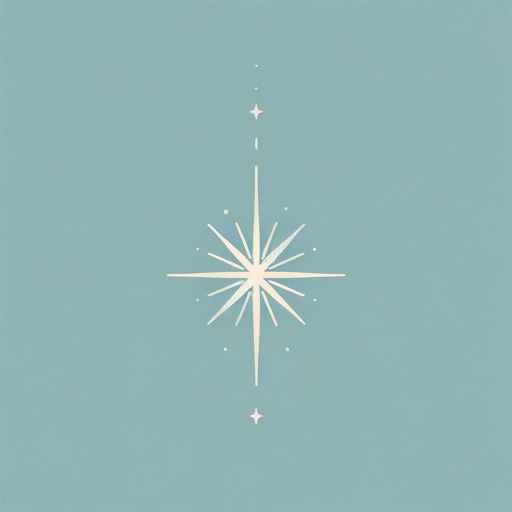
Stardust
Neil Gaiman

The Graveyard Book
Neil Gaiman
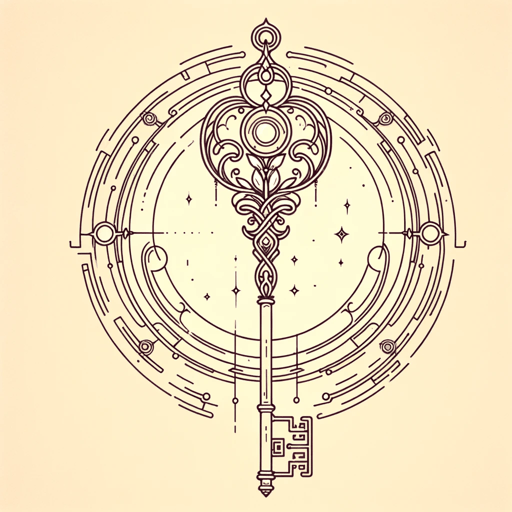
The Ocean at the End of the Lane
Neil Gaiman
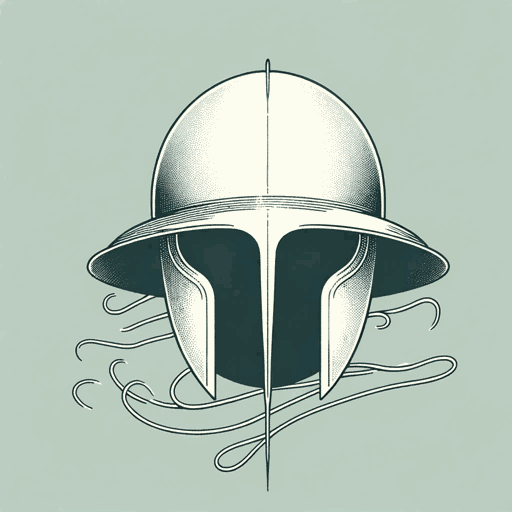
The Sandman Omnibus Vol. 1
Neil Gaiman

The Sleeper and the Spindle
Neil Gaiman
